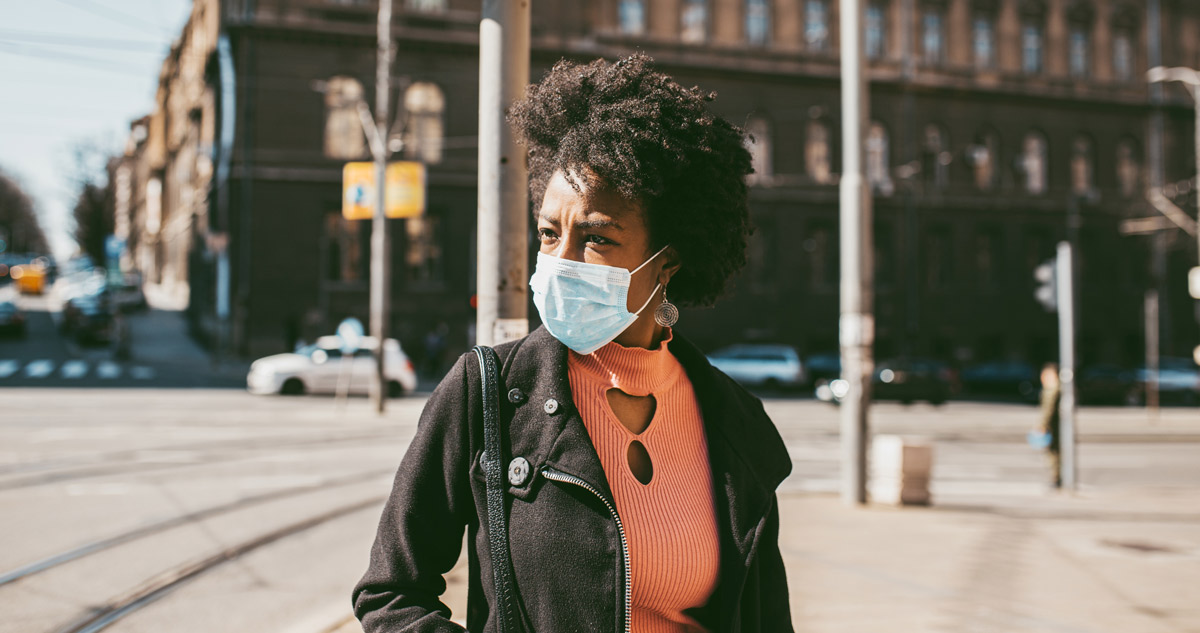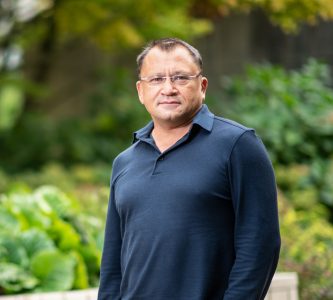
From artificial intelligence to X-ray crystallography, Dr. Artem Cherkasov (AC) and Dr. Natalie Strynadka (NS) both professors at UBC, are employing cutting-edge techniques in their quest to find an anti-viral drug to treat COVID-19. They answer some questions about their potentially lifesaving project.

Dr. Artem Cherkasov
How will your research contribute to the worldwide fight against COVID-19?
AC: There are essentially two ways to combat any virus—drug therapies and vaccines. Our team is working to provide a drug therapy that could not only save lives of COVID-19 patients, but complement vaccine treatments once they become available.
How did your search for an anti-viral drug for COVID-19 begin?
AC: When COVID-19 emerged, we began searching through vast chemical libraries to find the basis for potential new medicines. Using our newly-developed artificial intelligence algorithm, we scanned through 1.3 billion compounds in a week—

Dr. Natalie Strynadka
something that would have once taken several years. Altogether, we found 1,000 compounds that held promise, and have since narrowed that list down to 100 for testing on the virus in the lab.
What’s your team doing right now in the labs at UBC?
NS: We are using a biology “toolbox” of cutting-edge biophysical techniques, including X-ray crystallography and single-particle cryo-electron microscopy to capture atomic resolution pictures of the proteins this coronavirus relies on to reproduce and cause COVID-19. These atomic structures are like blueprints we use to understand how that critical protein is built, how it works and how our designed drug compounds can specifically bind and block its action to prevent COVID-19.
How optimistic are you about improving drug treatments?
AC: I’m quite optimistic, in part because of what we already know about this coronavirus. Let’s use HIV as an analogy. Of course, there’s no HIV vaccine, and that virus can’t be completely cleansed from the body, yet HIV-positive people still live with the virus because of drug therapies. For this novel coronavirus, the prospects for successful drug therapies are even better because it’s possible to fully eliminate the virus from the body with the right therapies.
What’s needed to support a breakthrough in your research?
NS: Although developing new drugs takes time, the federal and provincial governments have stepped up with unprecedented opportunities for rapid research funding targeting COVID-19. Academic and industry partners, both nationally and internationally, are also working together in an unprecedented way, with a common goal. This incredible research support and synergy will help the world move towards implementation of effective treatments.